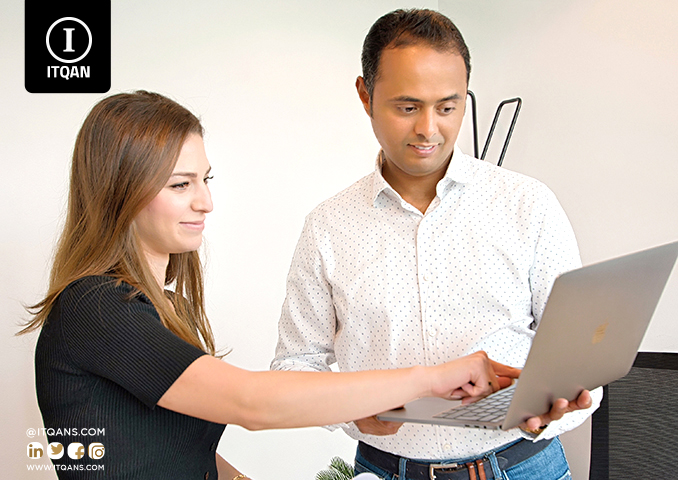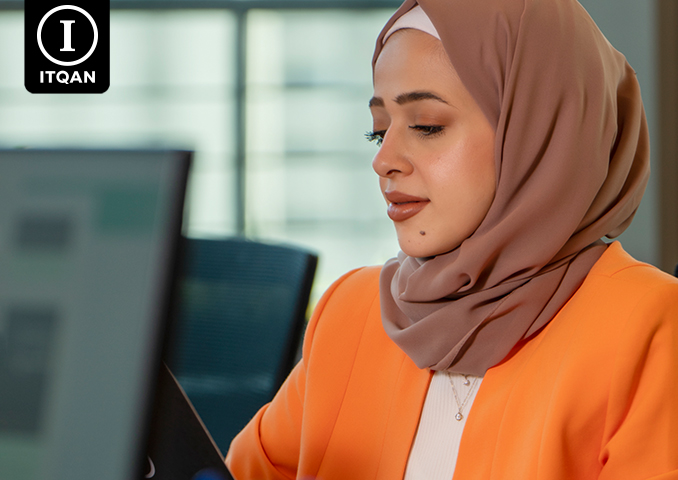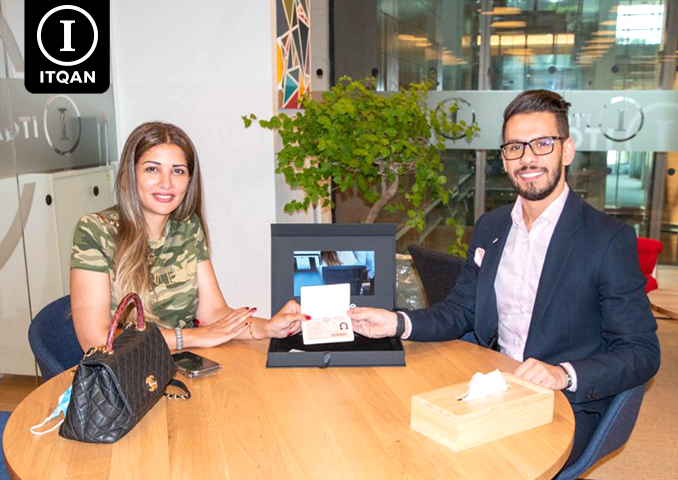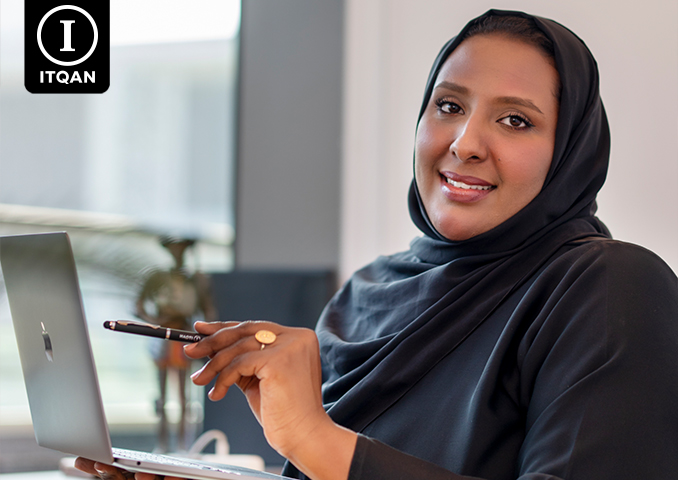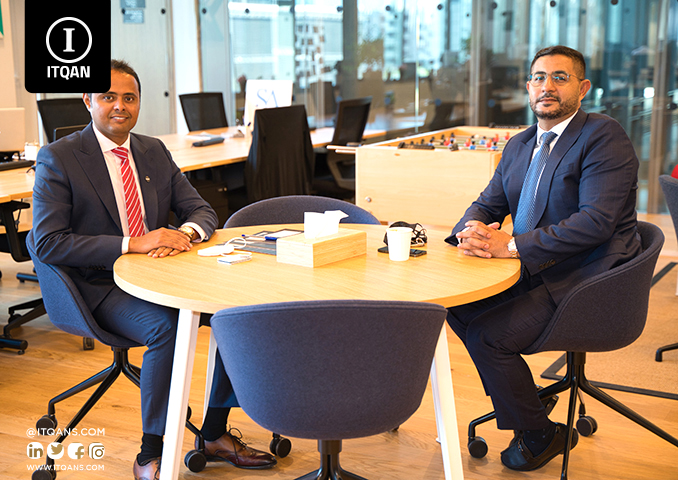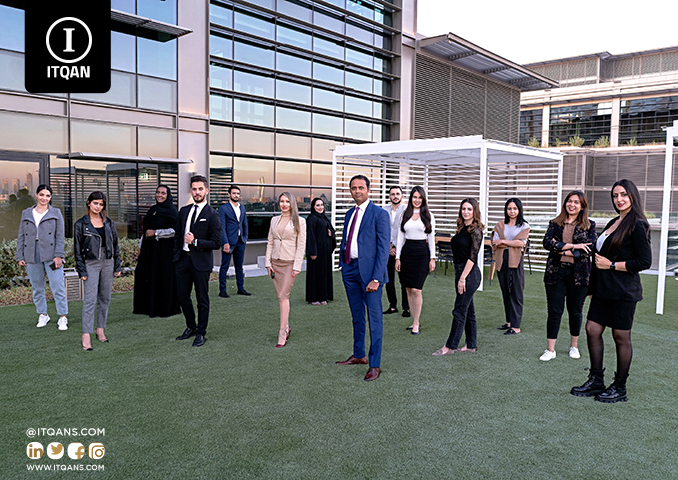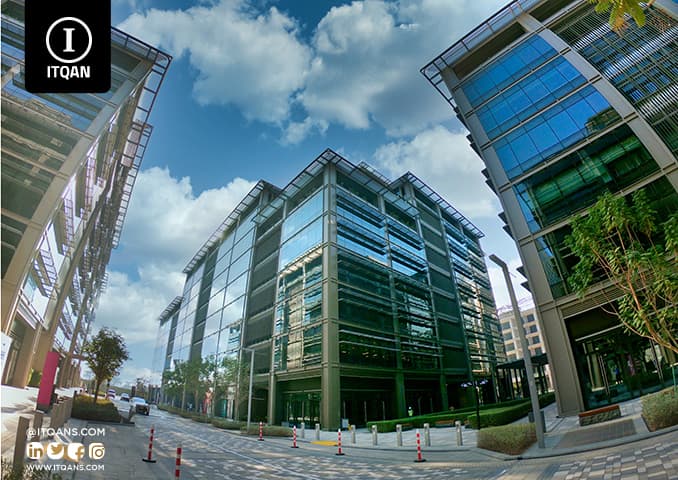What are the types of residencies in the Emirates and the difference between them? Residencies in the United Arab Emirates are one of the essential matters that contribute to organizing the lives of individuals, investors and students in the country. The Emirates offers a variety of residency permits that suit the needs of different categories, starting from permanent residency that provides long-term stability, to temporary residencies related to work and study. Each type of residency varies in duration, features and conditions, allowing individuals to choose the most appropriate one based on their situation and requirements. In this article, we will discuss what are the types of residencies in the Emirates and the difference between them, and review the main differences between them, to help individuals understand the available options and make appropriate decisions.
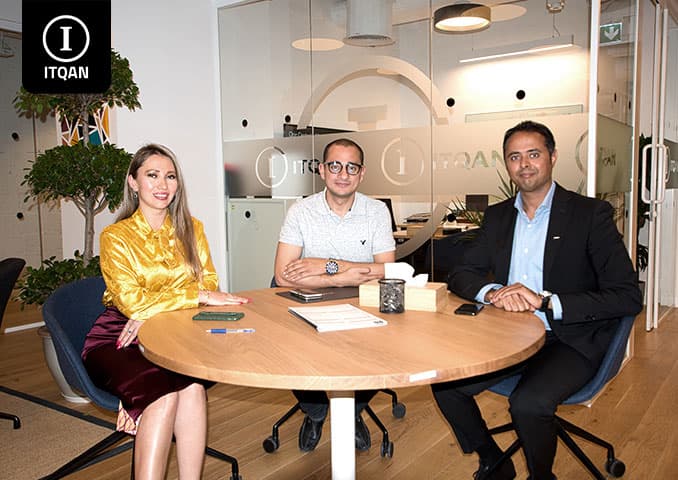
What are the types of residencies in the Emirates and the difference between them?
What are the types of residencies in the Emirates and the difference between them?
There are various types of residencies in the UAE to meet the different needs of individuals and companies. The most prominent of these types are:
- Regular Residence: Granted to foreign individuals who obtain a work visa or residence visa through a local sponsor. The residence permit is usually valid for one year and is renewable, and allows the holder to work and reside in the UAE legally.
- Golden Residency: It is a long-term visa ranging from 5 to 10 years, granted to investors, entrepreneurs, highly qualified individuals, and owners of strategic projects. This residency provides additional benefits such as continued residency without the need for a sponsor, and facilitation of work and investment procedures.
- Silver Residency: A five-year residency visa granted to highly skilled workers, contributors to industrial development, and investors in development projects. This residency provides opportunities to benefit from the advanced work environment in the UAE.
- Family Residency: Granted to family members of the resident, allowing them to live in the UAE on the main sponsor’s visa. The sponsor must prove his/her financial ability to sponsor the family members.
The main difference between these types lies in the length of stay, the required conditions, and the benefits they offer. While the regular residency offers more traditional procedures, the gold and silver residencies offer longer-term benefits and more flexible conditions, which enhance stability and attract investment to the UAE.
Factors in the cost of investor residence in the Emirates
Investor residency in the UAE requires consideration of several factors that affect the cost. Here are some of these factors:
- Licensing fees: The costs of commercial licenses vary depending on the type of business activity and the free zone or emirate.
- Residence fees: These include fees for issuing and renewing residence visas, which may vary depending on the number of years of residence.
- Administrative costs: include fees related to registration procedures and government procedures.
- Offices and Rentals: The cost of renting an office or workspace, which varies depending on location and size of space.
- Health Insurance: Health insurance requirements for investors and employees.
- Taxes: Although the UAE does not impose income taxes, there may be other fees depending on the type of activity.
- Additional costs: such as recruitment, training, and compliance with local laws.
It is important to conduct a detailed feasibility study to accurately estimate costs.
How to get an investor residence in the Emirates
To obtain an investor residence in the Emirates for investment in Dubai , the following steps can be followed:
- Determine the type of business you wish to invest in (eg: limited liability company, free zone, etc.).
- Company Registration: The company must be registered with the Department of Economic Development or the relevant free zone.
- Obtaining a license: Complete all necessary procedures to obtain a commercial license.
- Open a commercial bank account in the company’s name to deposit the required capital.
- Collect the required documents: such as passport, personal photos, company incorporation certificate, etc.
- Submitting the application: The application can be submitted through the Ministry of Human Resources and Emiratisation or the Federal Authority for Identity and Citizenship.
- Medical examination: Conducting the necessary medical examination as part of the requirements for obtaining a residence visa.
- Receiving the residence visa: After completing all procedures and approvals, you will receive the residence visa.
- Renewal of residence: Residence must be renewed regularly in accordance with local laws.
Additional tips
- Consulting a lawyer or legal advisor: It may be helpful to consult with the specialists of Itqan Company to help you understand the requirements and procedures.
- Researching Free Zones: Some free zones offer special facilities to investors, such as tax exemptions.
Always make sure to check the latest updates regarding laws and procedures in the UAE.
The difference between permanent residence and temporary residence
Permanent residency and temporary residency in the UAE differ in terms of duration, rights and obligations. Here is the difference between them:
Permanent residency
- Duration: Unspecified, as permanent residency grants the right to remain in the country permanently.
- Rights: Holder can work and study in the UAE without the need for an additional visa.
May receive benefits such as health insurance. - Renewal: You do not need to renew periodically, but you must adhere to the stipulated conditions.
- Beneficiaries: May include the investor’s family.
Temporary residence
- Duration: Fixed, usually up to 2-3 years, renewable.
- Rights: Entitles the holder to reside and work in the UAE, but may require renewal of the visa after expiration.
- Renewal: Must be renewed before expiration, which may require new documents.
- Beneficiaries: Usually only includes the investor or the person concerned, and may require additional procedures for the family.
Permanent residence provides more stability and rights, while temporary residence requires periodic renewal and is tied to a specific period of time.
How to convert temporary residence to permanent
Converting temporary residency to permanent residency in the UAE is an important step for investors and residents seeking long-term stability in the country. This process requires meeting several conditions, the most important of which are the duration of current residency and compliance with local laws. Typically, the resident must have spent a certain period in the country, demonstrating their commitment and stability.
The transfer process begins with submitting a formal application to the Federal Authority for Identity and Citizenship, where the applicant must fill out the application form and submit a set of supporting documents. These documents include a passport, temporary residence visa, and a certificate of no criminal record. A new medical examination may also be required to ensure health safety.
The importance of the transfer lies in granting the resident greater rights, such as the ability to work and study freely, in addition to benefiting from health insurance benefits. Permanent residency is an attractive option for investors who want to expand their business or for their families who are looking for permanent stability. Therefore, it is advisable to plan well and review the requirements from the competent authorities to ensure the success of the transfer process smoothly and easily.
What documents are required to apply for residency?
To obtain an investor residency in the UAE to establish a company in Dubai , you need to submit a set of documents. Here is a list of the basic documents required:
- A copy of a passport valid for at least 6 months.
- A number of recent personal photos (usually 4 photos).
- A document proving the company’s registration (such as the articles of association or commercial register).
- A copy of the commercial license or permit issued by the relevant authority.
- Documents proving the invested capital (such as bank account details).
- You may need to provide a statement of no criminal record.
- Medical examination results (you may need to have the examination conducted at approved centers).
- Filling out the residency application form (available from the relevant authorities).
- Some entities may require additional documents such as proof of residence, or letters of recommendation, depending on the type of activity.
In conclusion, UAE residencies are an essential element in organizing life for individuals, investors, and students in the country. By understanding the different types of residencies such as permanent residency, temporary residency, investor residency, student residency, and worker residency, individuals can choose the most suitable type according to their needs and personal circumstances. Each of these residency types comes with a set of requirements and features that contribute to stability and opportunities in the UAE. Knowing the differences between these types of residency helps individuals make informed decisions and ensures that their needs are met effectively, enhancing the experience of living and working in one of the most attractive global destinations for investment and living.
Frequently asked questions about the types of residencies in the Emirates and the differences between them
What are the conditions for obtaining a golden residence?
Obtaining a golden residency requires a large investment, or achieving specific criteria in fields such as technology, science, and innovation, or as talented individuals.
What is the cost of obtaining an investor residence in the UAE?
The cost of obtaining an investor residence depends on factors such as the type of zone (free or commercial), the size of the company, rent, government fees, and the required documents.
Can foreign investors get residency in the UAE?
Yes, foreign investors can obtain residency in the UAE, but they must meet specific requirements such as investing in commercial projects or establishing companies in free zones.



